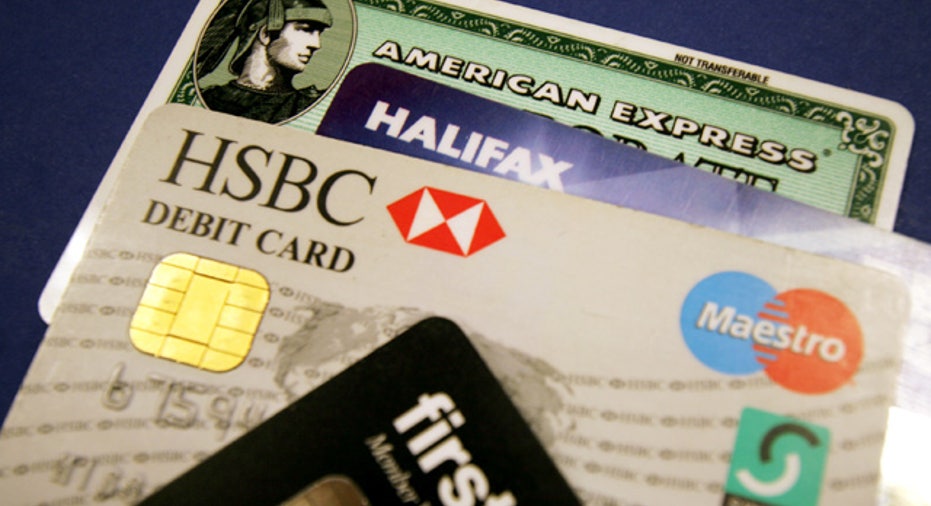7 Secrets Credit Card Providers Don’t Want You to Know

American consumers have 609.8 million credit cards in their collective wallets, and the average household carries nearly $8,000 in credit card debt. While credit cards are convenient payment methods, they are not a great way to carry debt because of high interest rates that can change month to month.
Here are seven facts about credit cards that can help you make better spending decisions:
1) You can authorize auto-debit payments from your bank account to prevent late credit card payments. Penalty charges for missed payments are an important revenue source for credit card providers: Last year, 34 million Americans made late payments and 18 million missed payments. In many cases, the cardholder simply forgot the payment was due but was still punished with steep penalty charges and increased interest rates. With automated payments, you’ll never have to pay late fees again. Just make sure you always keep funds available in the account.
2) The total cost of your credit card is more than your annual percentage rate (APR). The APR refers only to the card’s interest rate, so don’t rely on that to calculate your associated fees. You’ll likely encounter numerous other fees, such as foreign transaction fees, reward redemption fees (common when redeeming airline miles), and even a charge for receiving a paper statement. Read the fine print in your credit card provider’s contract to see what fees apply. Under the CARD Act, providers are now required to make all fees clear to potential customers.
3) You may be eligible for a lower interest rate simply by calling your credit card provider. According to a survey conducted by the U.S. Public Interest Research Group, 56% of credit card users surveyed who asked for better rates were able to drop their APRs to 10.47% from 16%. A single phone call can lead to savings of hundreds, and even thousands, of dollars annually.
4) Carrying a high balance on multiple cards can hurt your credit score. Paying only the minimum balance on your credit cards will lower your credit score, particularly if you are using a large percentage of your available credit. This can make it more difficult to obtain loans for mortgages or cars, and may affect your chances of being approved for an apartment rental. You can improve your credit score by paying more than the minimum each month and not tapping into all the credit available to you.
5) Minimum monthly payments are designed to maximize your interest payment. Credit card providers often let you pay as little as 4 or 5% of your balance each month, but making the minimum payment is never a good idea; the less you pay, the more you will accrue in interest over time. In fact, you could end up paying more in interest than you owe on the original balance. Under the new CARD Act, card providers are required to tell you how much you’ll pay in interest if you only make the minimum payment, so be sure to read your statement for the full details.
6) Your introductory APR will be increased as soon as you make a late payment. Even if you think your credit card has a reasonable APR, watch out, a late or missed payment will result in substantial increases to your interest rate. You’ll be forced to pay the higher rate for six full billing periods, provided you make payments on time throughout that period. If you miss another payment, your interest rate could go up yet again. There is no federal standard for maximum APR rates, and card providers have offered APRs as high as 79.9%.
7) Credit cards are not your only option for obtaining credit. A credit card can be useful to help build a credit history, but if you need to borrow a significant sum of money that you know you won’t be able to pay off immediately, you’ll find far lower interest rates through other financing methods such as personal loans.
As CEO Renaud is responsible for overseeing the strategic direction and operation of Lending Club. Renaud has appeared in many leading publications including The Wall Street Journal, The New York Times, The Washington Post, USA Today, BusinessWeek and Barrons'. Renaud has been featured on CNBC, ABC News and Fox Business Network.Before Lending Club, Renaud was the Founder & CEO of TripleHop Technologies, an enterprise software company acquired by Oracle Corporation in June 2005.



















